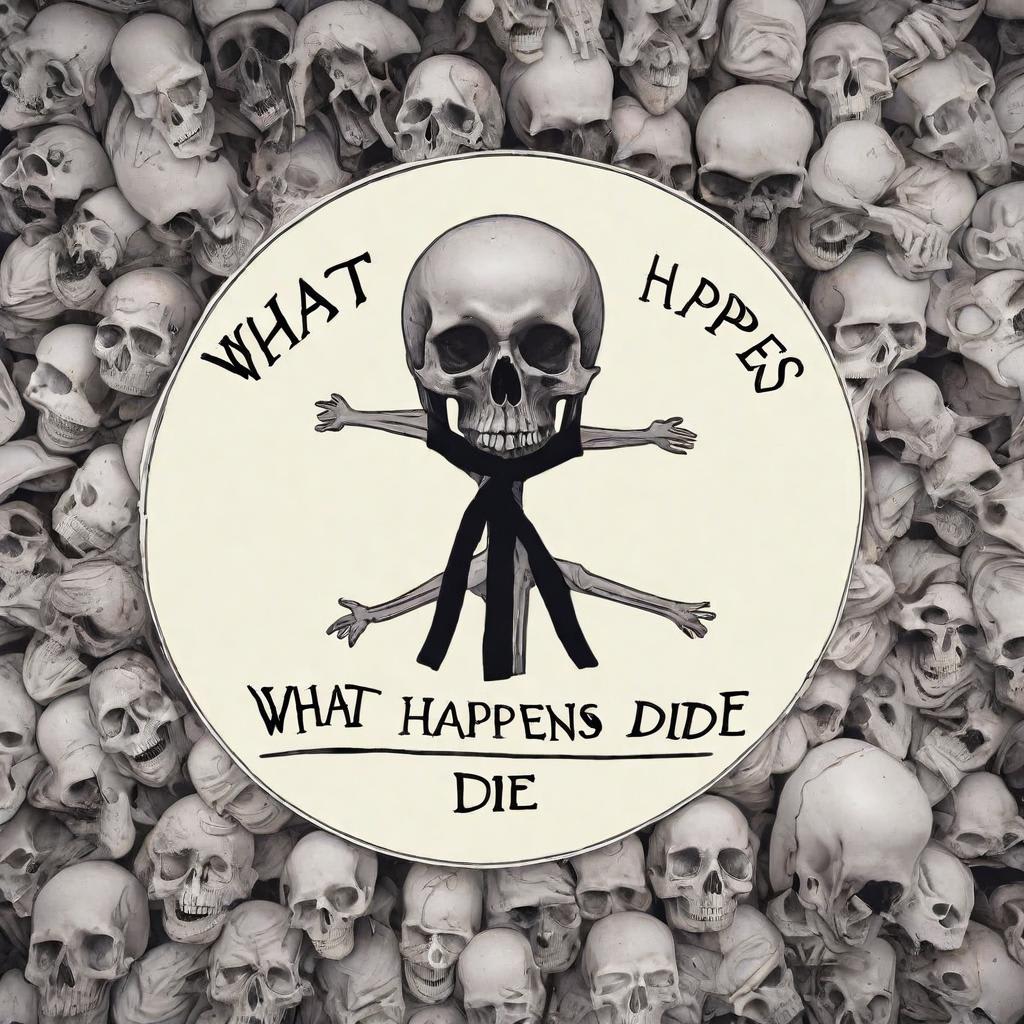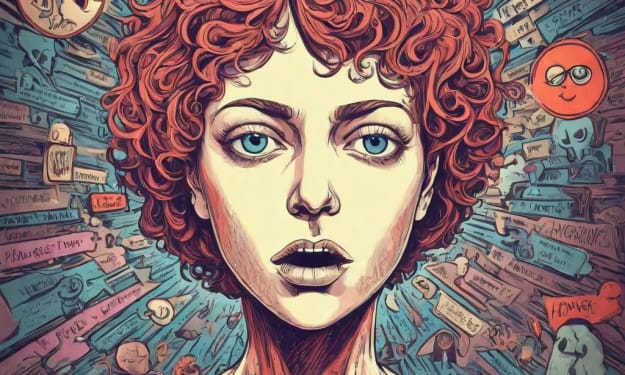What happens when we die?
Fact check on what happen when we die.

What happens when we die? This question, perhaps more than any other, encapsulates the essence of human curiosity, fear, and wonder. It is a question that has intrigued philosophers, theologians, scientists, and everyday individuals throughout the ages. Yet, despite millennia of contemplation and exploration, the mystery of what lies beyond the threshold of death remains elusive, shrouded in ambiguity and speculation.
At the heart of this inquiry lies the enigma of consciousness. What becomes of the self, the essence of who we are, when the body ceases to function? Is there an afterlife, a realm where our consciousness persists in some form, or does death mark the ultimate end of our existence? These questions transcend the boundaries of science, religion, and philosophy, touching upon the fundamental mysteries of existence itself.
For many, religious beliefs offer solace and reassurance in the face of mortality. Across diverse cultures and faith traditions, there exists a rich tapestry of doctrines and teachings about the afterlife. In Christianity, for example, the promise of eternal life in heaven awaits the faithful, while the prospect of hell looms as a consequence for those deemed unworthy. Islam similarly espouses the concept of paradise and hellfire, where souls are judged according to their deeds in life. Judaism, Hinduism, Buddhism, and countless other religions offer their own interpretations of the afterlife, ranging from reincarnation and spiritual liberation to concepts of cosmic unity and transcendence.
Yet, beyond the realm of religious belief lies the realm of science, where the quest for understanding is pursued through empirical observation and rational inquiry. Neuroscience, the study of the brain and nervous system, offers insights into the intricate relationship between consciousness and the physical brain. According to the prevailing scientific consensus, consciousness arises from the complex interactions of neurons and synapses within the brain. When the brain ceases to function—whether through injury, disease, or death—consciousness, it is believed, also ceases to exist.
However, this reductionist view of consciousness fails to capture the full complexity of human experience. It does not account for the countless anecdotal accounts of near-death experiences, in which individuals report profound and transformative encounters with light, peace, and otherworldly beings. While skeptics dismiss such accounts as hallucinations or delusions arising from the brain's oxygen-deprived state, others view them as tantalizing glimpses into the possibility of an afterlife.
In recent years, advancements in fields such as quantum physics and consciousness studies have reignited interest in the question of life after death. Proponents of quantum consciousness theory argue that consciousness is not solely confined to the physical brain but may exist independently of it, transcending the boundaries of time and space. They point to phenomena such as quantum entanglement and nonlocality as evidence of a deeper, interconnected reality that extends beyond the material realm.
Meanwhile, within the realm of philosophy and existential inquiry, thinkers grapple with the profound implications of mortality and the unknown. Existentialists like Jean-Paul Sartre and Albert Camus confront the stark reality of human finitude, emphasizing the importance of living authentically and embracing the absurdity of existence. Philosophers throughout history have pondered questions of immortality, oblivion, and the nature of the self, each offering their own interpretations and speculations.
Ultimately, the question of what happens when we die may never have a definitive answer. It is a question that transcends the limits of human knowledge and understanding, touching upon the deepest mysteries of existence. Yet, in the face of this uncertainty, one thing remains certain: death is an inherent and inevitable aspect of the human experience. Whether it marks the end of consciousness or the beginning of a new journey remains, for now, an enigma waiting to be unraveled.





Comments (2)
Writer and philosopher Salman Rushdie, who recently had a very real near-death experience during the knife attack, said that he did not experience any transition or coming to light or any other experiences that people usually report. All he felt was that he was dying and that would be the end of it.
That’s a great question! Well written!